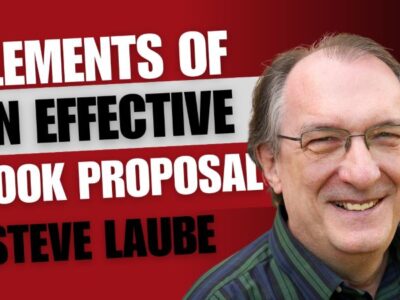Many authors feel stymied by the dilemma of not having anything to talk about to build a platform and interest in a book that isn’t under contract. Yet as wordsmiths, authors can create entertaining and meaningful content to find a tribe. To wit:
- Talk about other people’s books. What are you reading? Why? What did you like about the book? Why is this one of your favorite authors? Author interviews are also fun.
- Show us pictures of your office pet. Who doesn’t love seeing a cute pet, or even a cantankerous pet?
- Where have you traveled lately? Photos posted after you have returned from a lovely trip, even if you traveled only a few miles from your house, always provide great visuals.
- How is your book coming along? What is a struggle for you? What gives you joy? Have your characters gotten from Point A to Point B today, as planned?
- What gives you joy? Cheerful posts to make others smile should keep them interested.
- Bible verses that inspire you. Ask your readers to post their favorites too.
-
Discouragements, Disappointments, and Difficulties. Within reason. Discovering that authors don’t always live in a fantasy world helps readers relate to you.
- Your book. Why are you writing this book? What do you hope readers will love about your work, once it’s published?
- Your publishing journey. Share the ups and downs in an uplifting way.
These are only a few ideas. The goal is to provide content your potential readers will enjoy. Let them know you care about them, and make your visit to their IN box worth their time.
To brainstorm more, sign up for author newsletters. What do they say and share that appeals to you?
I hope our blog readers will share ideas too.






